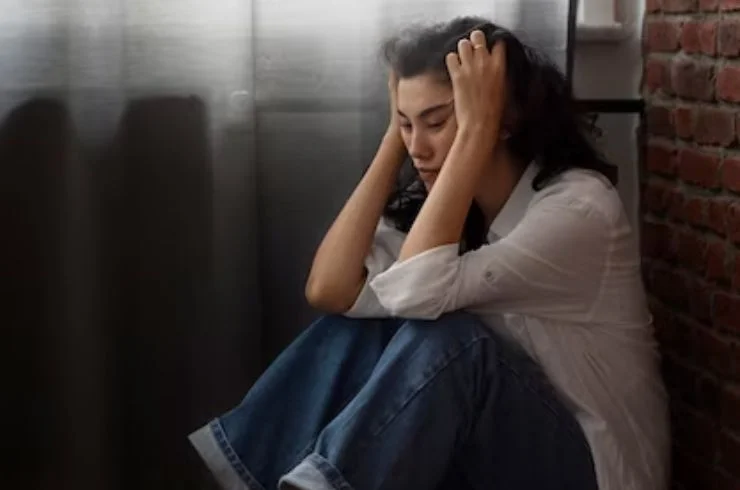
Depression and anxiety are two of the most common mental health conditions, impacting millions of people worldwide. At NEUMED Clinics, we understand how these conditions can affect your life and relationships. Our compassionate team provides evidence-based treatments tailored to your needs, helping you regain control, confidence, and a sense of well-being.
Understanding Depression
Depression is more than just feeling sad—it’s a persistent condition that can affect how you think, feel, and function. It’s essential to recognize the signs and seek help early.
Common Symptoms of Depression
Understanding Anxiety
Anxiety is a natural response to stress, but when it becomes excessive or uncontrollable, it can interfere with daily life. Anxiety disorders often involve persistent fear or worry that can feel overwhelming.
Common Symptoms of Anxiety
Causes of Depression and Anxiety
Both conditions can result from a combination of factors:
Comprehensive Diagnosis
At NEUMED Clinics, we provide a thorough evaluation to identify the root causes of depression and anxiety:
Personalized Treatment Plans
Our multidisciplinary approach ensures a holistic solution tailored to your individual needs.
Therapeutic Approaches
Medication Management
Lifestyle Modifications